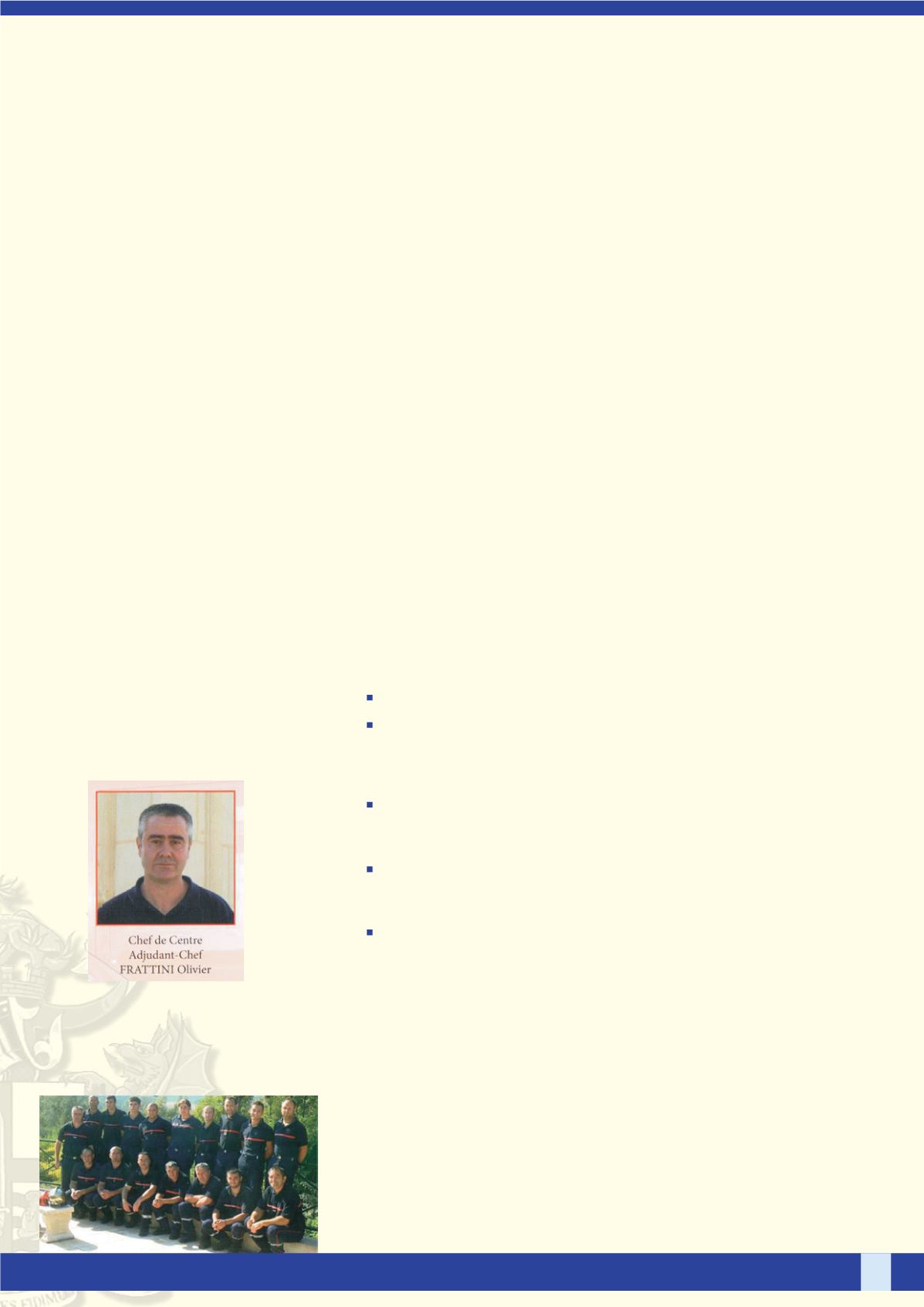

FIREFIGHTERS
NEWS
Visit to Ypres 2014
Pellegrue Fire Brigade
Peter Hopkins along with a number of WCoFF
members, is involved through the Kent Fire and
Rescue Service, in planning a special trip to
Flanders Field for the special ceremonies to mark
the 100th anniversary of the start of World War1.
For four long years Flanders Fields was the scene
of the First World War. Homes and fields were
turned into a battlefield in 1914. European and
wider international interests were fought over.
A million soldiers were wounded, missing or
killed in action. Some tens of thousands of
citizens became refugees. Entire cities and
villages were destroyed.
They will be travelling from Kent to Kotrijk via
Poperinge and will attend the service on 11th
November at Ypres where, since 1929, the Last
Post has been sounded at the Menin Gate
Memorial every night at 8:00 pm and in all
weathers: the only exception to this was during
the four years of the German occupation (WW2)
of Ypres.
If anyone would like further information, please
contact Peter. He will be reporting on the event
in a later issue.
Peter has also been developing relationships
between the WCoFF and some French fire
fighting colleagues. He has submitted the
following contact note from the Pellegrue Fire
Brigade
Hello and welcome to Pellegrue Fire Brigade.
My name is Oliviere Frattini and I am the Fire
Chief for the station. We are situated in a small
village south east of the city of Bordeaux. Some
of you may know our region by the local wine of
Entre de Mer.
We have some 21 fire fighters, all volunteers: one
of the local district nurses is also affiliated to the
fire brigade
The area covered by the brigade is very rural,
consisting of scattered villages and hamlets and
often isolated farmhouses and cottages. We look
after eleven communes (villages and their
outlying areas), the most distant at 11 kms. We
also cover some 20 other communes as back-up
in the event of a major incident or if the local
brigade responsible is already out on a call. We
can also be called anywhere in the department of
the Gironde or even neighbouring departments
should circumstances require it.
The nature of our work is first response to
sudden illness or accident, road accidents, fires,
rescue of animals, sea or river rescues, pollution
incidents, floods, spillages, clearing roads (eg
after a storm, the firemen will be out with chain
saws dealing with fallen trees).
Our volunteers must be at least 18 and live in the
area served. They must pass a recruitment panel
(fitness tests, interview, medical examination) and
successful candidates undertake 12 days of first
aid training, 9 hours of theory at the fire station,
10 days training in fire fighting and general
emergency training: other theoretical training to
be done on line.
Regular exercises are carried out to refresh and
reinforce. At least 4 hours a month must be
spent at the fire station.
1 ambulance - 3 man crew
1 CCF (Camion Citerne Feux Forets) - a
tanker lorry for dealing with forest fires - this
holds 3000 litres of water, a winch plus other
equipment and a 2 man crew
1 general purpose vehicle (VTU) carrying
pumps, chainsaws generator and various other
tools - 2 or 3 man crew
1 vehicle for intervention in road accidents,
etc, carrying 3000 litres of water, foam, cutting
and lighting gear, ladders - 4 or 6 man crew
1 light first aid vehicle (VLS) carrying oxygen,
defibrillator etc Sundry reserve pumps, pipes
etc - 2 man crew
The brigade responds to approximately 500 calls
a year.
We also have a Junior Fire Brigade. This
programme has recently celebrated its 10th
anniversary. For 3 years students attend 2 hours
a week of practical and theoretical courses in
fire-fighting and first aid at school, then for one
year at the fire station. They also have one hour a
week of specially adapted physical training with a
qualified instructor. The Junior Fire Brigade
parade with their seniors on certain dates when
they always look very smart.
Equipment:
(Translation from French thanks to Carolyn Murphy)
5
















